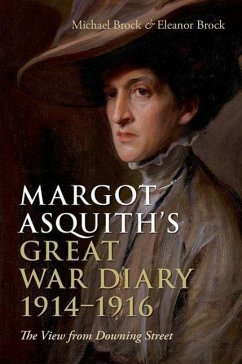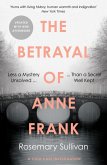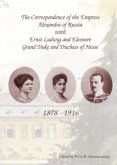Margot Asquith was the wife of Herbert Henry Asquith, the Liberal Prime Minister who led Britain into war in August 1914. Asquith's early war leadership drew praise from all quarters, but in December 1916 he was forced from office in a palace coup, and replaced by Lloyd George, whose career he had done so much to promote. Margot had both the literary gifts and the vantage point to create, in her diary of these years, a compelling record of her husband's fall from
grace. She once described herself as 'a sort of political clairvoyant', but she did not anticipate the premier's fall, and it is for her candour, not her clairvoyance, that the diary is valuable.
Margot was both a spectator of, and a participant in, the events that she describes, and in public affairs could be an ally or an embarrassment - sometimes both. Her diary evokes the wartime milieu, as experienced in 10 Downing Street, and describes the great political battles that lay behind the warfare on the Western Front. Her writing teems with character sketches, including those of Lloyd George ('a natural adventurer who may make or mar himself any day'), Churchill ('Winston's vanity is
septic'), and Kitchener ('a man brutal by nature and by pose'). Witty and worldly, Margot also possessed a childlike vulnerability: 'This is the 84th day of the war' she wrote in October 1914, 'and speaking for myself I have never felt the same person since. I don't mean to say I have improved! On the
contrary...'.
This volume brings together a wealth of previously-unpublished source material with an introductory essay from Michael and Eleanor Brock, two of the leading authorities in the field. This will be vital reading for anyone with an interest in the history of World War I or in British politics of the time.
grace. She once described herself as 'a sort of political clairvoyant', but she did not anticipate the premier's fall, and it is for her candour, not her clairvoyance, that the diary is valuable.
Margot was both a spectator of, and a participant in, the events that she describes, and in public affairs could be an ally or an embarrassment - sometimes both. Her diary evokes the wartime milieu, as experienced in 10 Downing Street, and describes the great political battles that lay behind the warfare on the Western Front. Her writing teems with character sketches, including those of Lloyd George ('a natural adventurer who may make or mar himself any day'), Churchill ('Winston's vanity is
septic'), and Kitchener ('a man brutal by nature and by pose'). Witty and worldly, Margot also possessed a childlike vulnerability: 'This is the 84th day of the war' she wrote in October 1914, 'and speaking for myself I have never felt the same person since. I don't mean to say I have improved! On the
contrary...'.
This volume brings together a wealth of previously-unpublished source material with an introductory essay from Michael and Eleanor Brock, two of the leading authorities in the field. This will be vital reading for anyone with an interest in the history of World War I or in British politics of the time.








